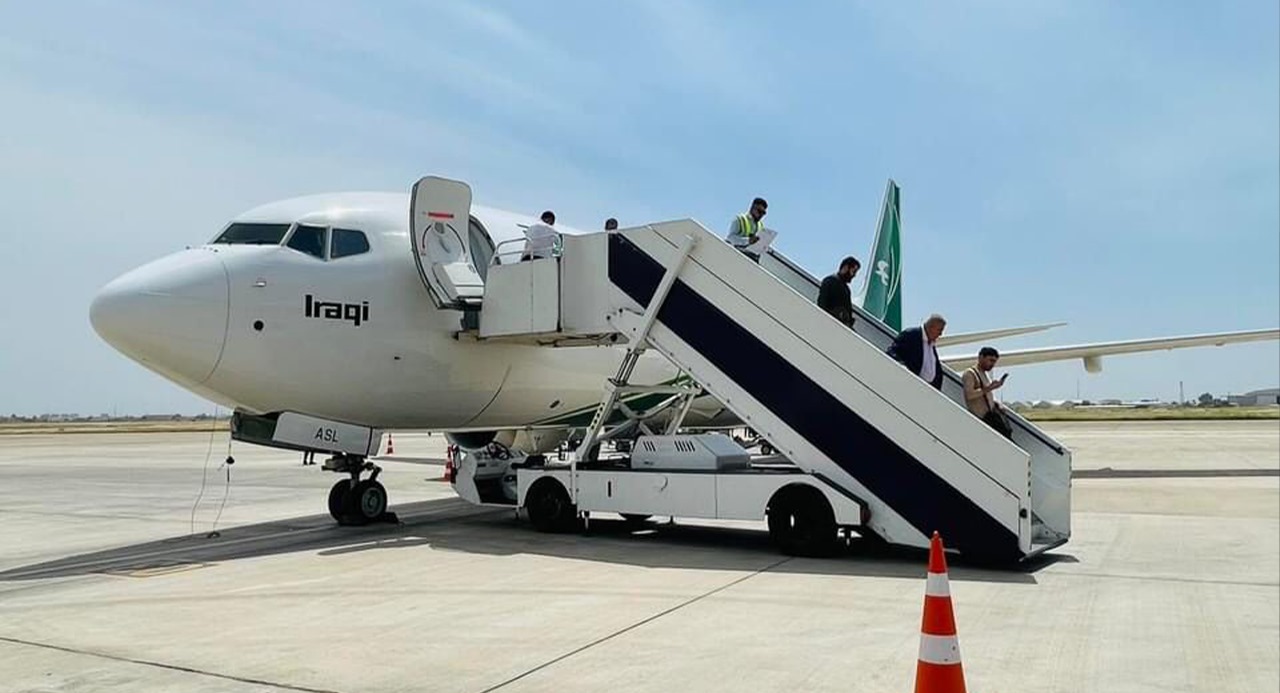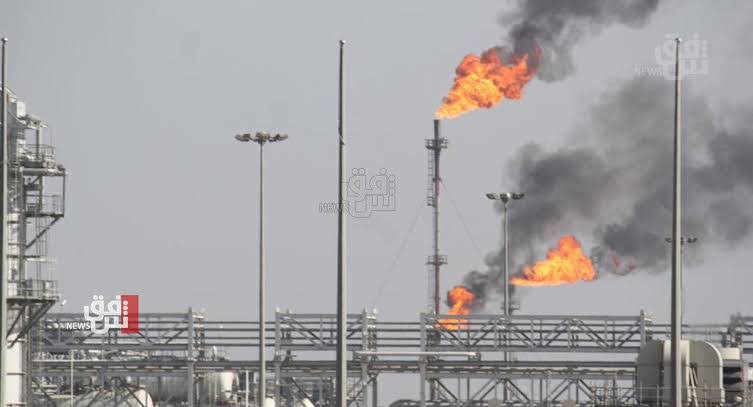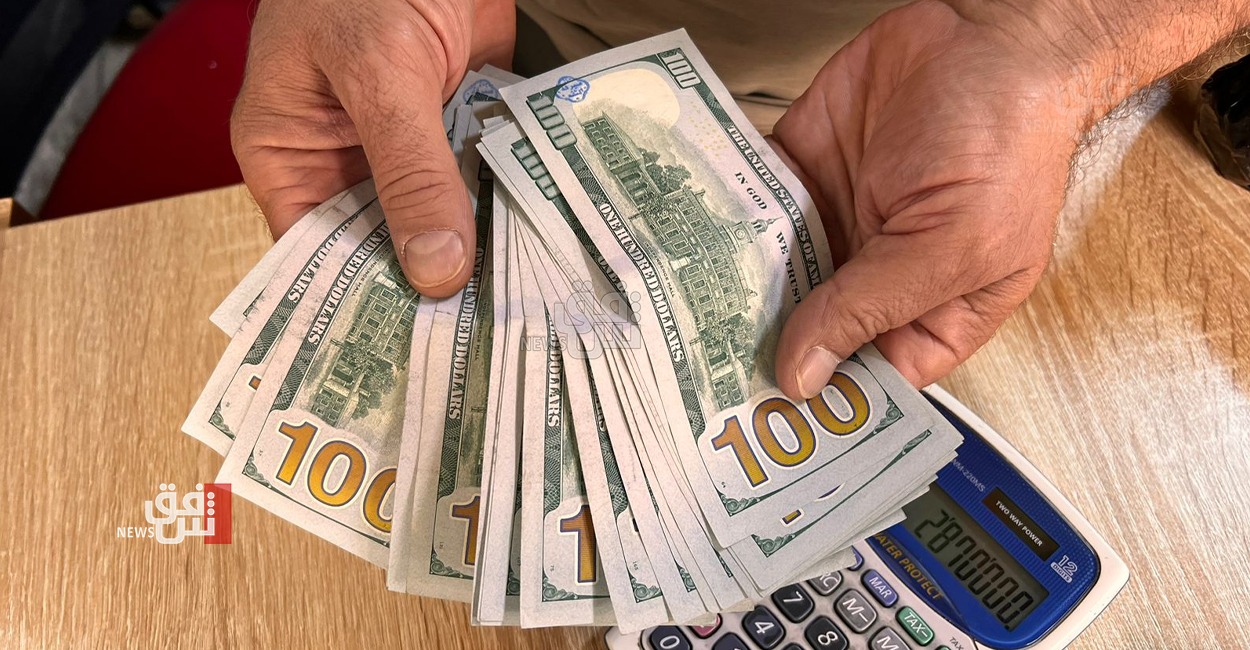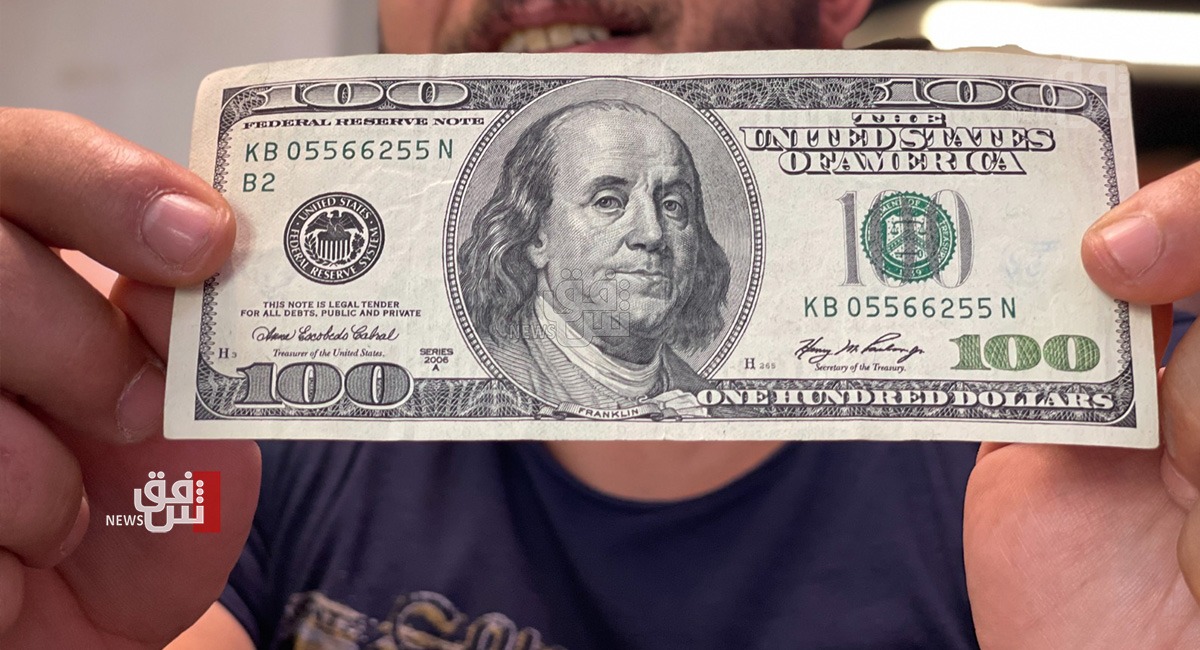PM pushes forward with development road project by prioritizing inter-government obstacles
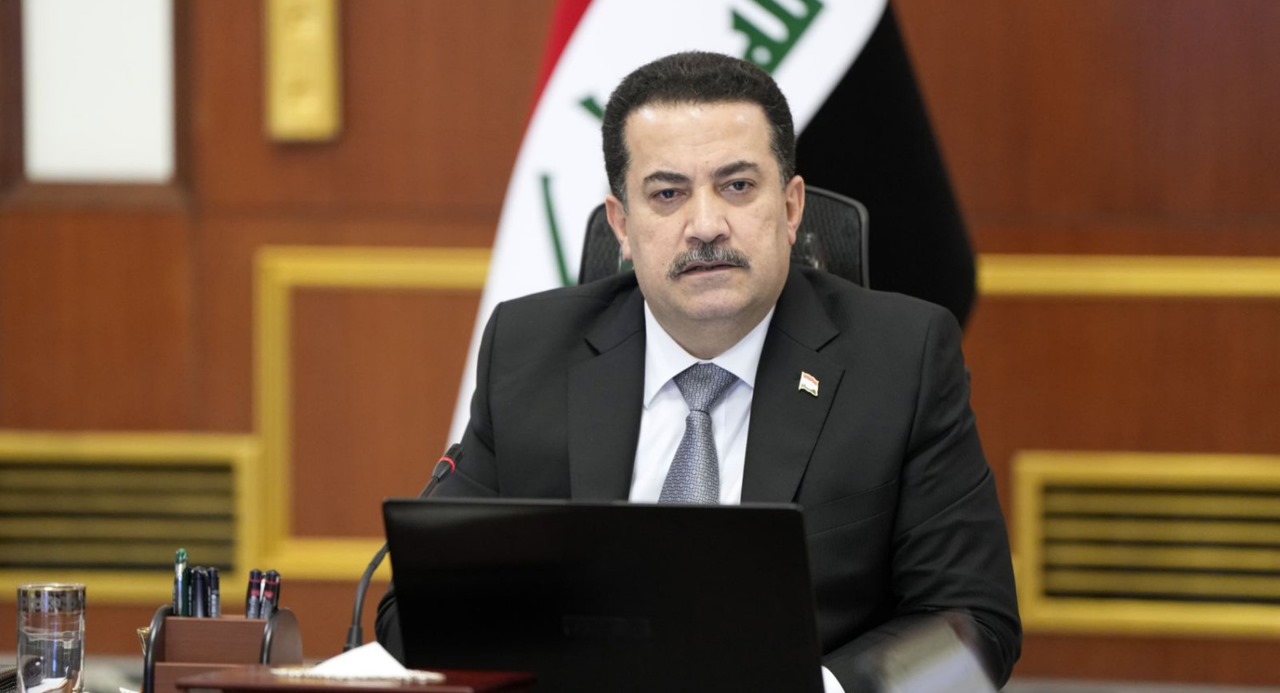
Shafaq News/ Iraqi Prime Minister Mohammed Shia al-Sudani is pressing for progress on the strategic development road project, directing officials to resolve outstanding conflicts and finalize planning for the intercontinental land transport route, an official press release by his bureau said on Thursday.
Announced last year, the cross-border transport network aims to connect the Gulf countries with Turkey through road and rail. It involves building about 1,200km of two-way rail tracks and a new motorway, from Al Faw in Basra province to the Turkish border in the north.
Al-Sudani, according to the press release, chaired the seventh meeting of the Supreme Committee overseeing the project to discuss follow-up steps and necessary resources to move forward with the ambitious project.
Emphasizing the project's national significance, al-Sudani stressed it "cannot be attributed to any party, official, ministry or sectoral entity." He said his government welcomes the participation of neighboring countries, citing "the quadripartite memorandum of understanding as a cornerstone for comprehensive project development."
Earlier this month, Iraq, Turkey, Qatar and the UAE signed a preliminary agreement in Baghdad for joint co-operation on the project. The signing took place during the Turkish president Recep Tayyip Erdogan's visit to Iraq, his first in 13 years, where political and economic ties were discussed.
To address remaining hurdles, al-Sudani ordered forming a committee, led by the Prime Minister's Office Director and comprised of relevant authorities and governorates, to tackle conflicts arising along the planned route.
The Prime Minister also directed the Minister of Transport to finalize design approvals with involved governorates and departments.
"The Minister of Industry and Minerals was tasked with completing the vision for industrial cities envisioned on either side of the road, working with the project consultant to establish location criteria."
Regarding the land route and dedicated expressway for trucks and heavy vehicles, al-Sudani instructed the Ministry of Construction, Housing, Municipalities and Public Works to submit designs in collaboration with an Italian consultant.
The meeting also approved the formation of a committee from customs, standardization and quality control, border crossings, and other relevant entities to establish the procedures for transport operations utilizing the development road, including customs tariffs and related commercial and administrative requirements.
"The directed the legal departments of the General Secretariat and Prime Minister's Office to develop a comprehensive legal framework for project management and operational aspects."
Iraq's ambitious $17 billion Development Road project, which could rival the region’s only existing international maritime route via the Suez Canal, has made significant progress in recent weeks.
Two weeks ago, Iraq signed an agreement with Kuwait to establish a telecom route in tandem with the Development Road to Europe. On the surface, the telecoms deal will provide a connection between Gulf states and Europe, while the land corridor could provide a much-needed economic boost for the region.
The Development Road was first announced as a government project in 2010. Al-Faw is expected to be one of the largest ports in the world once completed.
South Korean company Daewoo E&C is set to complete the first phase of five jetties at the port this year. It is now erecting bridges linking main berths to its container yard, he added. It will start operations next year.
The Development Road faces competition from an established trade corridor like the Belt and Road Initiative (BRI), the infrastructure and trade project that connects China with 150 countries in South-East Asia, Central Asia, Russia and Europe.
An agreement to form the India-Middle East-Europe Economic Corridor (Imec) was signed at the G20 meeting in September, with a US-backed connectivity route from India to Europe that aims to boost trade and cut transport costs.

